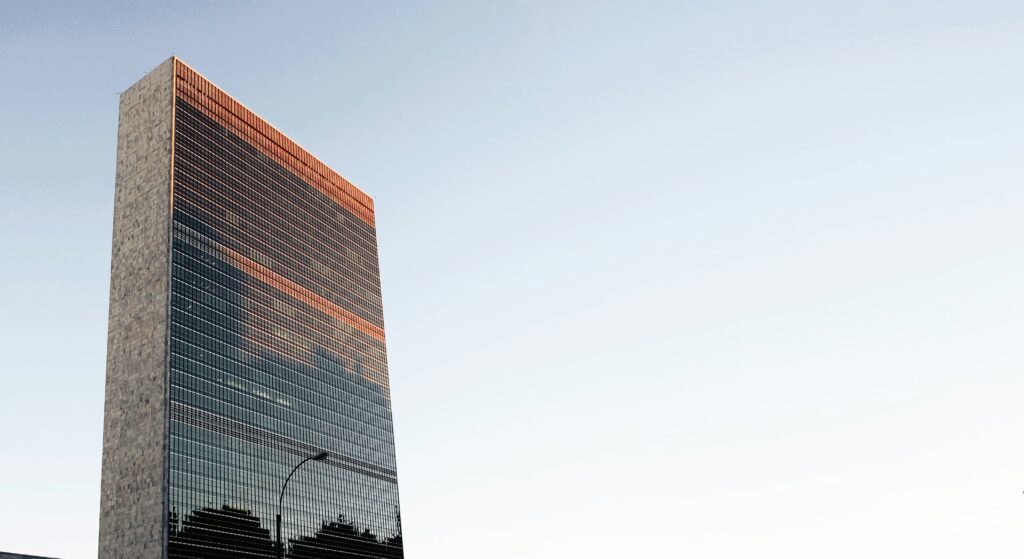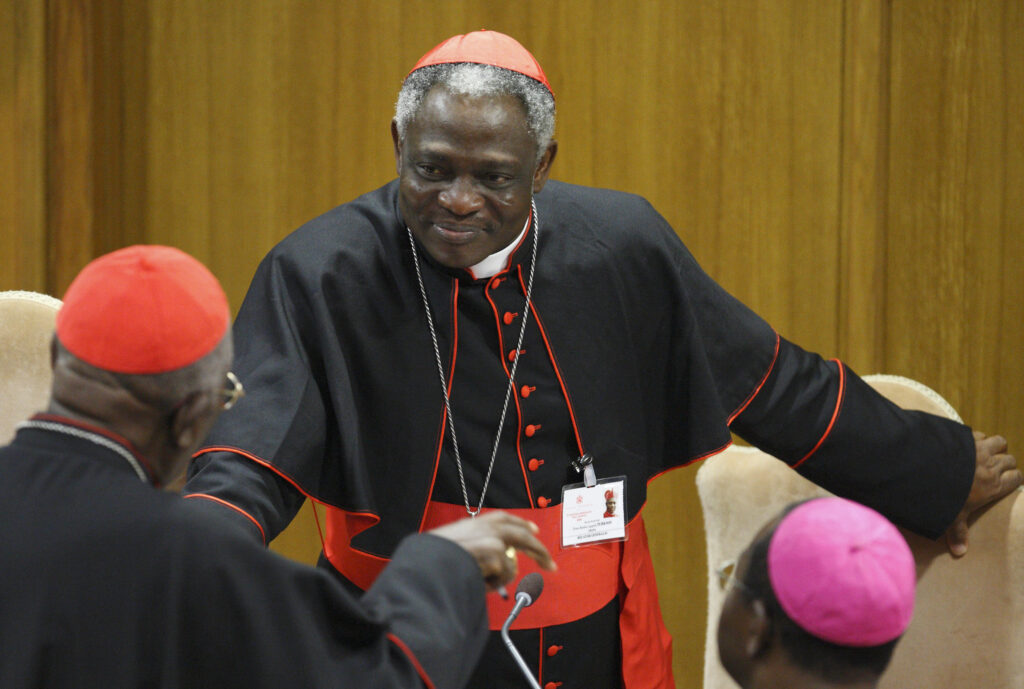Ghana abstained from a United Nations Human Rights Council vote on July 7, 2025, to renew the mandate of the Independent Expert on protection against violence and discrimination based on sexual orientation and gender identity.
The decision, made during the Council’s 59th session in Geneva, underscores the complex interplay between Ghana’s international human rights commitments and its domestic socio-political landscape, where a controversial anti-LGBTQ bill continues to fuel debate.
The U.N. vote, which passed with 29 member states in favor and 15 against, reaffirmed the mandate urging states to uphold the rights of individuals with diverse sexual orientations and gender identities.
Ghana was one of three countries that abstained.

A Nation at a Crossroads
Ghana’s abstention comes as the country grapples with the reintroduction of the “Promotion of Proper Human Sexual Rights and Ghanaian Family Values Bill,” a piece of legislation that has sparked both domestic support and international condemnation.
First introduced in 2021, the bill seeks to criminalize same-sex relationships and advocacy for LGBTQ rights, and even public displays of non-binary gender identities, with penalties including up to three years in prison for identifying as LGBTQ and up to five years for forming or funding related groups.
In May 2025, Ghana’s Speaker of Parliament, Alban Bagbin, signaled plans to reintroduce the bill, which had lapsed with the dissolution of Parliament before the 2024 general election.
President John Mahama, who assumed office in January 2025 after defeating Nana Akufo-Addo in the December 2024 election, has expressed support for the bill’s principles but prefers it be introduced as a government bill rather than a private member’s initiative.
Pushback Against The Bill
Human rights advocates, both in Ghana and abroad, have expressed alarm.
Amnesty International, in a statement following the bill’s passage in February 2024, called it “one of the most draconian in Africa,” warning that it violates Ghana’s constitution and international obligations under treaties like the African Charter on Human and Peoples’ Rights.
The United Nations has similarly cautioned that the bill, if signed into law, could foster “state-sponsored discrimination and violence.”
A Colonial Legacy and Modern Tensions
Ghana’s legal framework criminalizing “unnatural carnal knowledge” dates back to the 1960 Criminal Code, a relic of British colonial rule.
The proposed bill would expand these restrictions, criminalizing not only same-sex conduct but also advocacy and identity, a move critics argue contradicts Ghana’s constitutional guarantees of equality, privacy, and freedom of expression.
Some prominent Ghanaians have publicly opposed the bill. Cardinal Peter Turkson, a leading Catholic figure, has also advocated for understanding rather than criminalization, telling the BBC that LGBTQ people “may not be criminalized because they’ve committed no crime.”

Yet, the bill enjoys strong support from religious and traditional leaders, who argue it protects Ghanaian cultural values.
Samuel Nartey George, the bill’s main sponsor, has framed it as a defense against foreign cultural influences.





